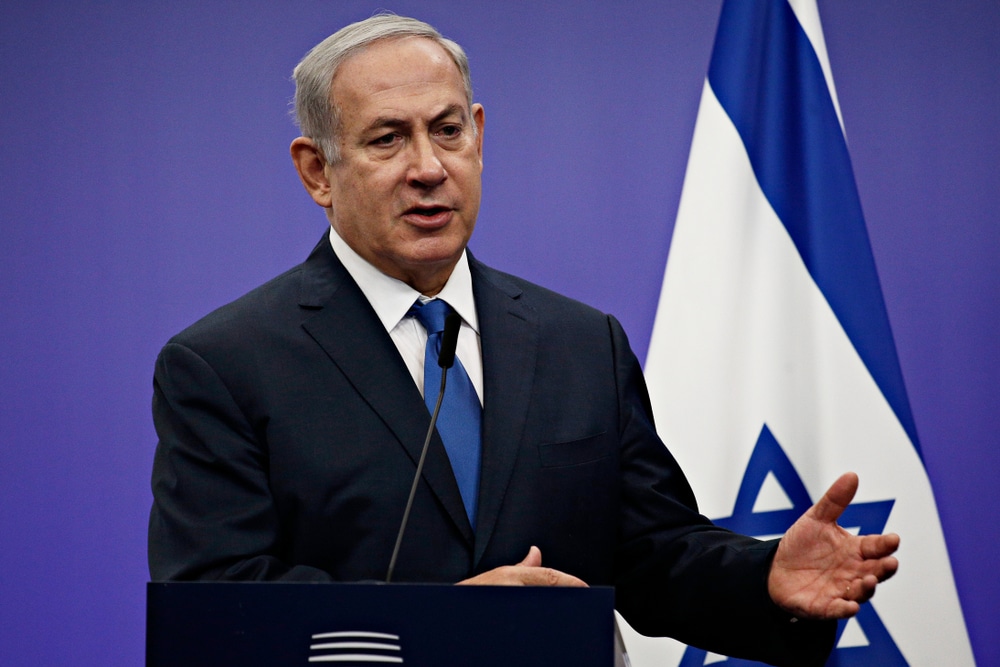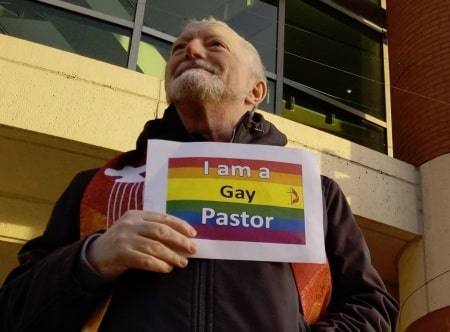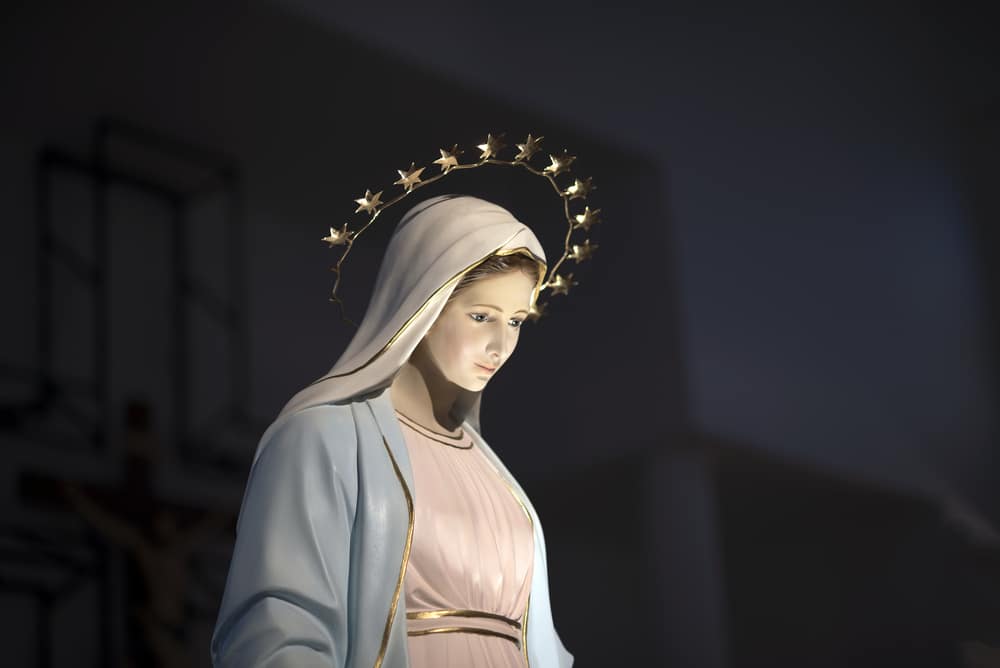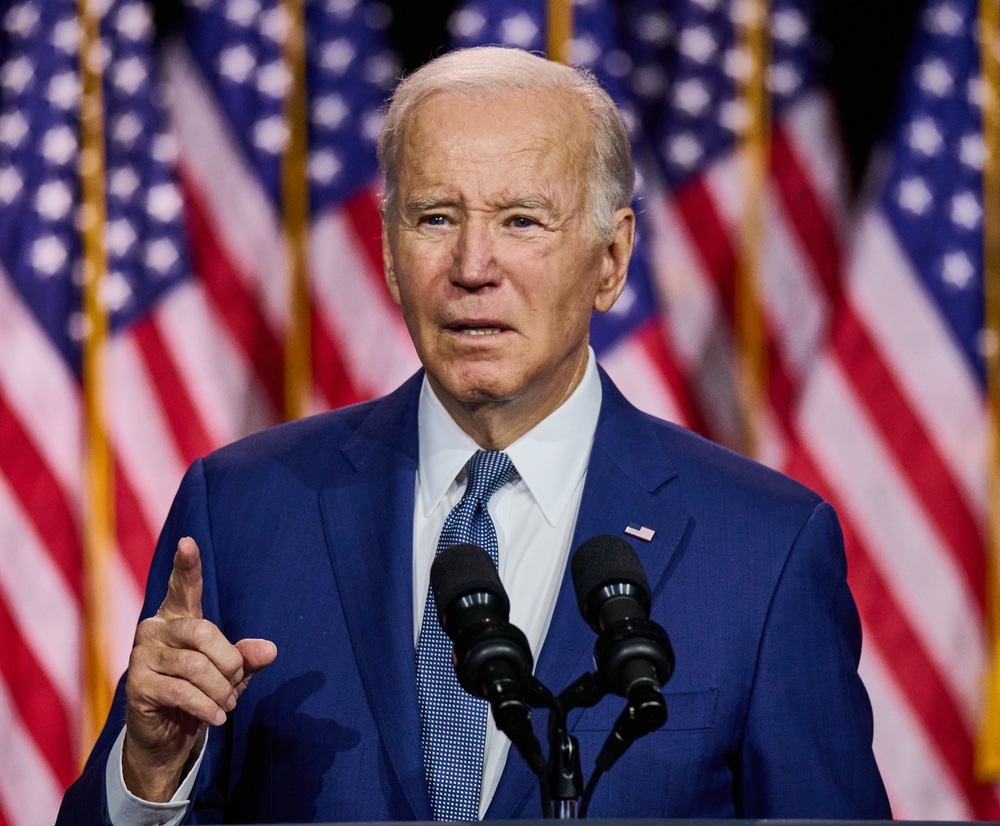(OPINION) The archbishop of York has suggested that the opening words of the Lord’s Prayer, recited by Christians all over the world for 2,000 years, may be “problematic” because of their patriarchal association.
In his opening address to a meeting of the Church of England’s ruling body, the General Synod, Stephen Cottrell dwelt on the words “Our Father”, the start of the prayer based on Matthew 6:9–13 and Luke 11:2–4 in the New Testament.
“I know the word ‘father’ is problematic for those whose experience of earthly fathers has been destructive and abusive, and for all of us who have labored rather too much from an oppressively patriarchal grip on life,” he said.
His comment – a brief aside in a speech that focused on the need for unity – will divide members of the C of E, a body whose differences on issues of sexuality, identity, and equality have been highly visible for years.
After Cottrell’s speech, Canon Dr. Chris Sugden, chair of the conservative Anglican Mainstream group, pointed out that in the Bible Jesus urged people to pray to “our father”.
He said: “Is the archbishop of York saying Jesus was wrong, or that Jesus was not pastorally aware? It seems to be emblematic of the approach of some church leaders to take their cues from culture rather than scripture.”
Rev Christina Rees, who campaigned for female bishops, said Cottrell had “put his finger on an issue that’s a really live issue for Christians and has been for many years”.
She added: “The big question is, do we really believe that God believes that male human beings bear his image more fully and accurately than women? The answer is absolutely not.”
In February, the C of E said it would consider whether to stop referring to God as “he”, after priests asked to be allowed to use gender-neutral terms instead.
It agreed to launch a commission on gendered language, saying “Christians have recognized since ancient times that God is neither male nor female, yet the variety of ways of addressing and describing God found in scripture has not always been reflected in our worship”.

















